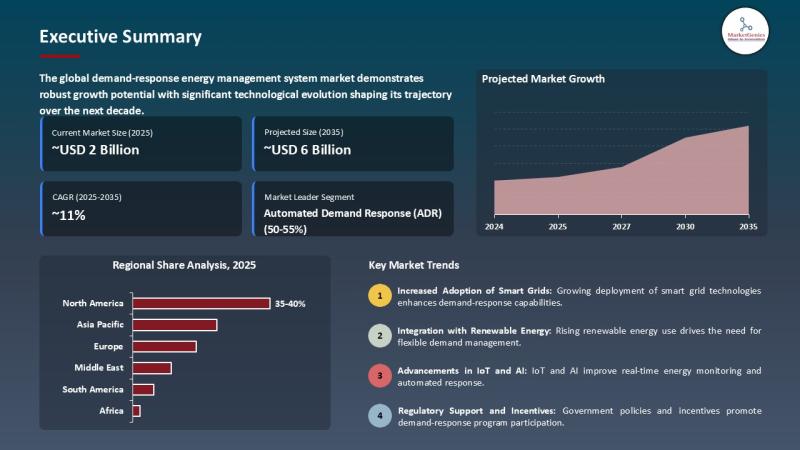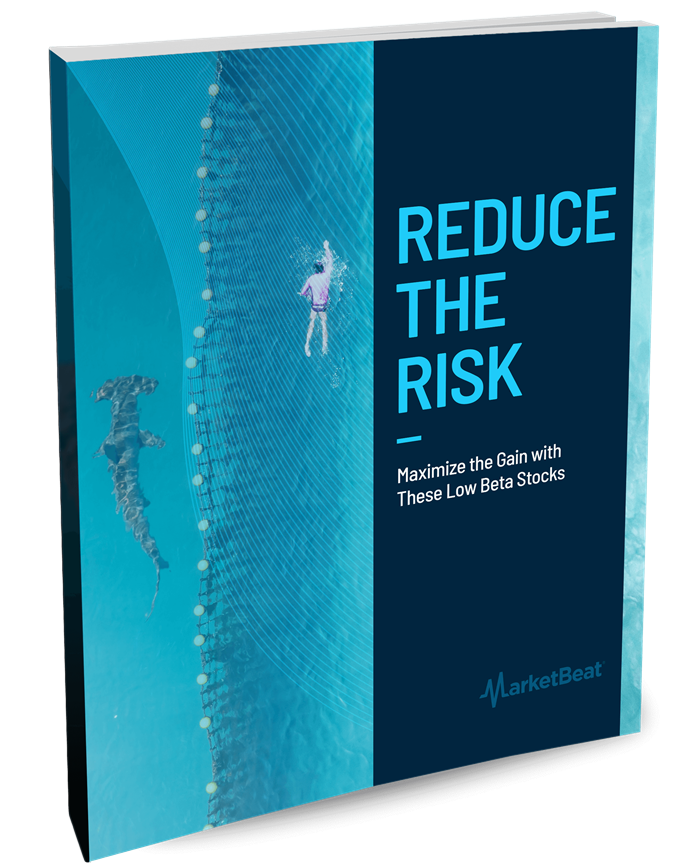Report on UK Home Energy Efficiency Initiatives and Their Contribution to Sustainable Development Goals
1.0 Introduction: Aligning Domestic Energy Policy with Global Goals
This report details financial support mechanisms available to UK households for improving home energy efficiency through insulation and low-carbon heating systems. These initiatives are critical for achieving several United Nations Sustainable Development Goals (SDGs), particularly in the areas of poverty alleviation, health, clean energy, sustainable communities, and climate action.
2.0 Home Insulation Support Schemes
Improving home insulation is a foundational step towards reducing energy consumption and carbon emissions. These schemes directly support SDG 7 (Affordable and Clean Energy), SDG 11 (Sustainable Cities and Communities), and SDG 13 (Climate Action). By targeting vulnerable households, they also make significant contributions to SDG 1 (No Poverty) and SDG 3 (Good Health and Well-being) by mitigating fuel poverty and creating healthier living environments.
2.1 Scheme Availability by Nation
- England: The Warm Homes: Local Grant provides free energy-saving improvements for households on low incomes, receiving specific benefits, or residing in designated postcode areas.
- Scotland: The Warmer Homes Scotland programme, funded by the Scottish Government, offers support to households struggling with heating costs, aiming to create warmer, more energy-efficient homes.
- Wales: The Welsh Government’s Nest scheme delivers free advice and home improvements, enabling households to reduce energy consumption and expenditure.
- Northern Ireland:
- NI Energy Advice offers impartial guidance and referrals to grant schemes for domestic householders.
- The Affordable Warmth Scheme, managed by the Northern Ireland Housing Executive (NIHE), is specifically designed to address the impacts of fuel poverty and energy inefficiency.
3.0 Heat Pump Grant Programmes
The transition to low-carbon heating technologies such as heat pumps is essential for decarbonising the domestic sector, directly advancing SDG 7 (Affordable and Clean Energy) and SDG 13 (Climate Action). Government grants facilitate this transition, making cleaner technology more accessible.
3.1 Financial Assistance for Heat Pump Installation
- England and Wales: The Boiler Upgrade Scheme offers a grant of £7,500 towards the cost of a heat pump.
- Scotland: The Home Energy Scotland grant and loan provides up to £7,500 to support the installation of heat pumps.
- Northern Ireland: There is currently no equivalent government scheme to subsidise the purchase of a heat pump.
4.0 Additional Financial and Support Mechanisms
A broader ecosystem of support exists to encourage sustainable home improvements, aligning with SDG 12 (Responsible Consumption and Production) and strengthening the framework for SDG 1 (No Poverty).
4.1 Market-Based and Comprehensive Support
- Green Mortgages: Numerous UK lenders offer financial incentives like lower interest rates or cashback for eco-friendly home improvements, including heat pumps. This encourages private investment in sustainable housing.
- Lightning Reach Portal: This free online service centralises access to over 2,500 support schemes, including charitable grants and local council funding, providing a vital resource for individuals seeking comprehensive financial assistance.
5.0 Consumer Protection and Fraud Prevention
Ensuring a just and secure transition to a green economy requires robust consumer protection, a key component of SDG 16 (Peace, Justice and Strong Institutions). The following guidance is issued to protect households from fraudulent activities related to energy efficiency schemes.
5.1 Scam Awareness and Prevention
- Scammers often cold-call, misrepresenting themselves as working with official bodies and using pressure tactics. This activity is expected to increase during winter months.
- Consumers are advised to be wary of unsolicited contact, always verify company credentials, and resist pressure-selling tactics, which are prohibited under UK law.
- False claims about products being free, special offers ending, or unnecessary work being required are illegal.
- Households have the right to decline services and request to be placed on a “do-not-call” list. Persistent unwanted calls can be reported to the Information Commissioner’s Office.
5.2 Official Channels for Reporting Scams
To uphold justice and protect citizens (SDG 16), individuals who suspect they have been targeted by a scam should use the following official channels:
- Action Fraud: Report via telephone at 0300 123 2040 or through their online portal.
- National Cyber Security Centre: Forward suspicious emails to report@phishing.gov.uk.
- Police Scotland: In Scotland, report non-emergencies by calling 101.
- Emergency Services: In any situation involving an immediate threat or danger, always call 999.
Analysis of Sustainable Development Goals in the Article
1. Which SDGs are addressed or connected to the issues highlighted in the article?
-
SDG 1: No Poverty
The article addresses SDG 1 by highlighting schemes aimed at low-income households. Programs like the “Warm Homes: Local Grant” in England are specifically for those “on a low income, getting certain benefits,” directly tackling fuel poverty, which is a key dimension of poverty.
-
SDG 7: Affordable and Clean Energy
This is a central theme. The article focuses on improving home energy efficiency through insulation and promoting cleaner heating technologies like heat pumps. These measures aim to make energy more affordable by reducing consumption and support the transition to cleaner energy sources.
-
SDG 10: Reduced Inequalities
By providing targeted financial support and grants for energy improvements to low-income households and those in specific postcode areas, the schemes mentioned in the article work towards reducing inequalities in access to warm, energy-efficient housing.
-
SDG 11: Sustainable Cities and Communities
The article contributes to this goal by promoting improvements that make housing more sustainable. Energy-efficient homes are a cornerstone of sustainable communities, reducing the overall environmental footprint and improving living conditions for residents.
-
SDG 13: Climate Action
The promotion of heat pumps as an alternative to traditional boilers and the emphasis on home insulation are direct climate action measures. These initiatives help reduce greenhouse gas emissions from residential buildings, contributing to national climate change mitigation efforts.
-
SDG 16: Peace, Justice and Strong Institutions
The extensive section on “Scam Warning!” and “How to Report Scams” relates to this goal. It aims to protect consumers from fraud (illicit financial flows) and provides clear pathways to justice through institutions like Action Fraud and Police Scotland, thereby promoting a just and secure society.
2. What specific targets under those SDGs can be identified based on the article’s content?
-
Target 1.4:
“By 2030, ensure that all men and women, in particular the poor and the vulnerable, have equal rights to economic resources, as well as access to basic services…” The article connects to this by detailing schemes that provide financial aid (an economic resource) to low-income households to improve their homes (a basic service), thereby helping to alleviate fuel poverty.
-
Target 7.1:
“By 2030, ensure universal access to affordable, reliable and modern energy services.” The schemes for insulation and energy efficiency advice (e.g., Nest in Wales, NI Energy Advice) directly aim to make energy more affordable for households by reducing the amount of energy needed to heat a home.
-
Target 7.3:
“By 2030, double the global rate of improvement in energy efficiency.” The core focus of the “Home Insulation Help” section is to encourage and subsidize energy efficiency improvements, directly contributing to this target.
-
Target 11.1:
“By 2030, ensure access for all to adequate, safe and affordable housing and basic services…” Improving home insulation makes housing more “adequate” (warmer) and “affordable” (lower energy bills), aligning with this target.
-
Target 13.2:
“Integrate climate change measures into national policies, strategies and planning.” The government-funded grant schemes for heat pumps and insulation described in the article are concrete examples of national policies designed to mitigate climate change.
-
Target 16.4:
“By 2030, significantly reduce illicit financial flows…” The article’s detailed warnings about scams related to insulation and energy grants, along with reporting mechanisms, directly address the issue of fraudulent financial activities targeting homeowners.
3. Are there any indicators mentioned or implied in the article that can be used to measure progress towards the identified targets?
-
For Target 7.3 (Energy Efficiency):
An implied indicator is the number of households receiving grants and making energy-saving improvements through the schemes mentioned (e.g., Warm Homes: Local Grant, Warmer Homes Scotland). The success of these programs can be measured by their uptake.
-
For Target 1.4 & 10.2 (Support for Vulnerable Households):
An indicator is the proportion of low-income households or households receiving benefits that have accessed the support schemes. The article’s explicit mention of eligibility criteria (“if you’re on a low income, getting certain benefits”) allows for tracking the reach of these programs among the target demographic.
-
For Target 13.2 (Climate Action):
A key indicator is the number of heat pumps installed with financial support from government schemes like the Boiler Upgrade Scheme. The article specifies the grant amount (£7,500), which can also be used to track the total financial investment in this climate action policy.
-
For Target 16.4 (Reducing Illicit Financial Flows):
An indicator is the number of energy-related scams reported to official bodies like Action Fraud and Police Scotland. The article provides specific contact information for reporting, implying that this data can be collected and monitored to gauge the prevalence of fraud and the effectiveness of public awareness campaigns.
4. Table of SDGs, Targets, and Indicators
| SDGs | Targets | Indicators |
|---|---|---|
| SDG 1: No Poverty | 1.4: Ensure the poor and vulnerable have access to basic services and economic resources. | Proportion of low-income households accessing grants for home energy improvements. |
| SDG 7: Affordable and Clean Energy | 7.1: Ensure universal access to affordable energy services. 7.3: Double the rate of improvement in energy efficiency. |
Number of homes receiving insulation and energy efficiency upgrades through government schemes. |
| SDG 11: Sustainable Cities and Communities | 11.1: Ensure access for all to adequate, safe and affordable housing. | Number of housing units improved for energy efficiency, contributing to affordability and adequacy. |
| SDG 13: Climate Action | 13.2: Integrate climate change measures into national policies. | Number of heat pumps installed via government grant schemes (e.g., Boiler Upgrade Scheme). |
| SDG 16: Peace, Justice and Strong Institutions | 16.4: Significantly reduce illicit financial flows. | Number of energy-related scams reported to authorities like Action Fraud or Police Scotland. |
Source: bbc.co.uk







